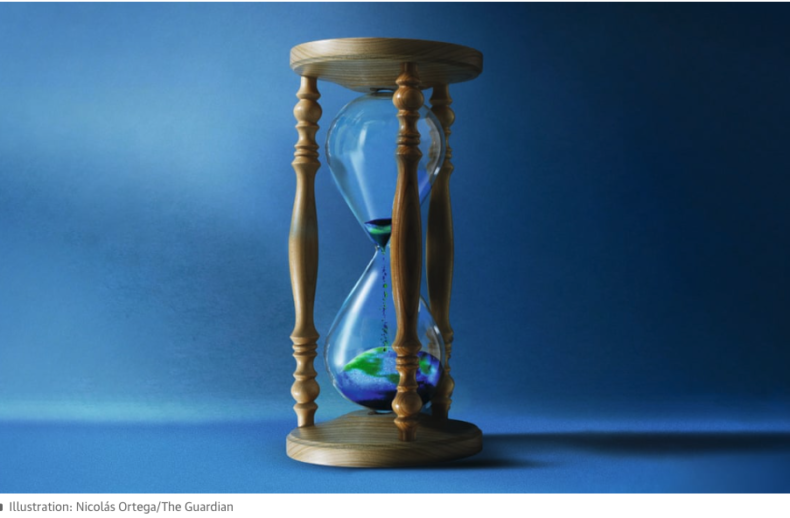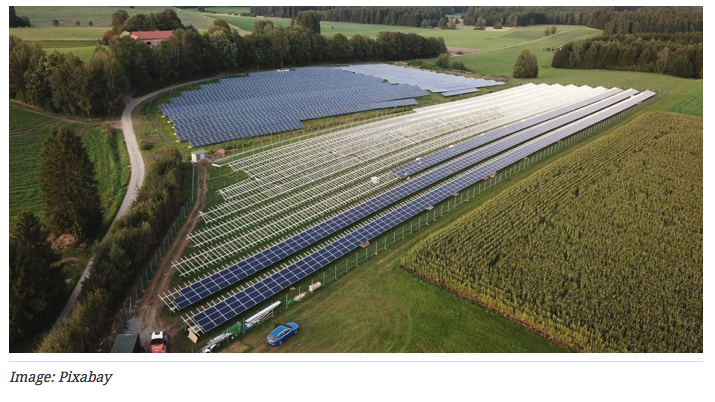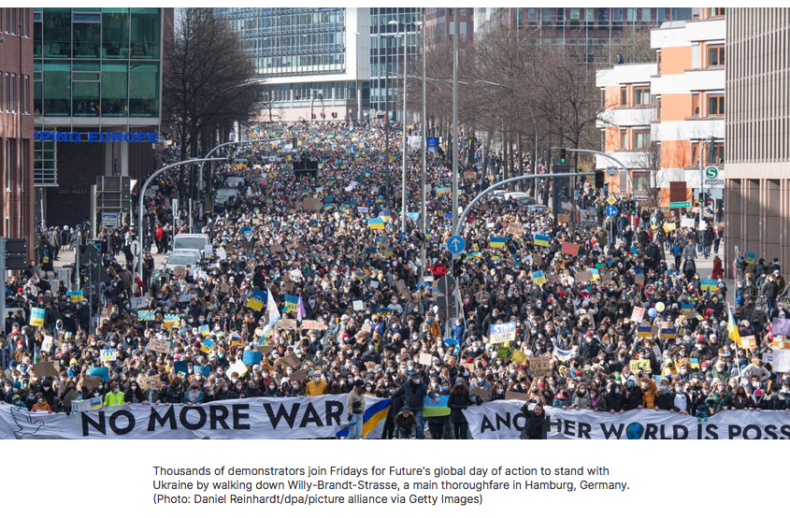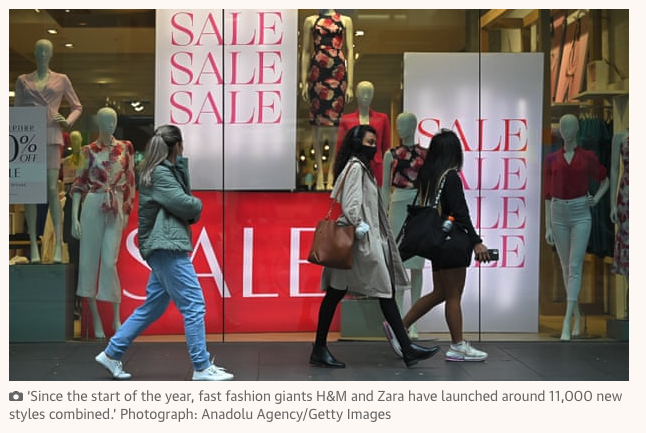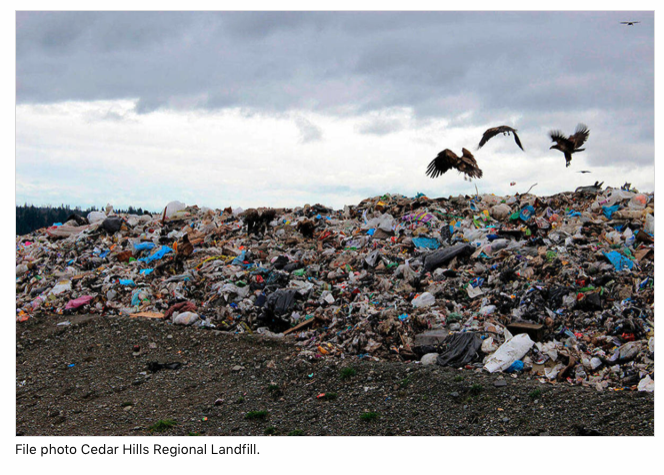…The German oceanographer and climatologist Stefan Rahmstorf writes: “We have enough ice on Earth to raise sea levels by 65 metres – about the height of a 20-storey building – and, at the end of the last ice age, sea levels rose by 120 metres as a result of about 5C of warming.” Taken together, these figures give us a perspective on the powers we are dealing with. Sea-level rise will not remain a question of centimetres for very long.
..Saving the world is voluntary. You could certainly argue against that statement from a moral point of view, but the fact remains: there are no laws or restrictions in place that will force anyone to take the necessary steps towards safeguarding our future living conditions on planet Earth. This is troublesome from many perspectives, not least because – as much as I hate to admit it – Beyoncé was wrong. It is not girls who run the world. It is run by politicians, corporations and financial interests – mainly represented by white, privileged, middle-aged, straight cis men. And it turns out most of them are terribly ill suited for the job. This may not come as a big surprise. After all, the purpose of a company is not to save the world – it is to make a profit. Or, rather, it is to make as much profit as it possibly can in order to keep shareholders and market interests happy….

